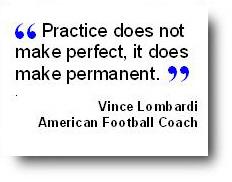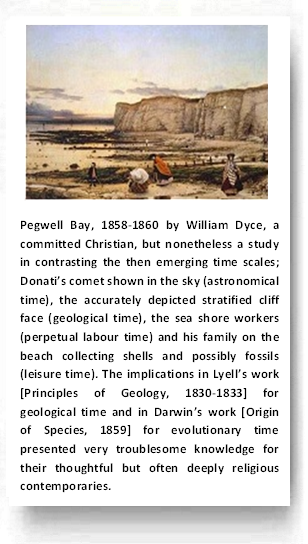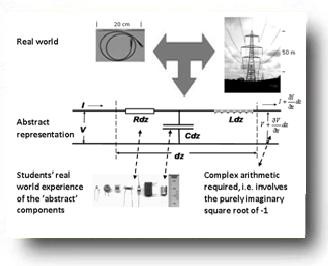The ‘defended’ student
In the UK many engineering students meet only a definition of a linear one-dimensional electric field, −ΔV/Δx, in their school physics courses. They rapidly need to be able to handle non-linear electric fields, e.g. −∂V/∂r equated to a non-linear function of r or even −∇V, in their first year at University. In the experience of this author (Flanagan), a significant number continue to attempt to solve problems using the ‘school’ linear equation, when a more advanced non-linear equation is required, for quite some time after they have been taught about non-linear fields. This reluctance to let go of their ‘school physics’ view hinders them, not only in exercises on electric fields, but, of course, in grasping many aspects of electronic and electrical engineering, e.g. the functioning of electronic devices such as the transistor. Flanagan and Smith (to be published) have examined this reluctance in terms of Bruner’s spiral curriculum and Flanagan et al. (2010) have illustrated the importance of considering such preliminal variation in identifying the compounded threshold concept associated with the mastery of transmission lines.
|

|



